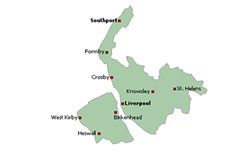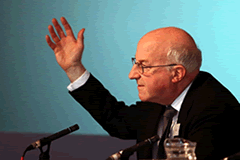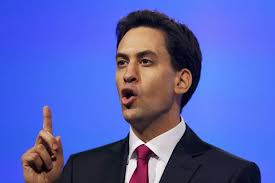Liverpool’s growth during the past decade has been impressive, and it is right that the major regeneration projects and infrastructure schemes that have been delivered in this time are heralded and celebrated.
A hugely impressive Capital of Culture year, Liverpool One, the Arena, the transformation of our waterfront, a booming visitor and tourism economy, the Global Entrepreneurship Congress are among the highlights.
Still to come Cruise Liners terminals, a conference and convention centre, more quality hotels, bars and restaurants, the International Festival of Business and the big one – Liverpool Waters.
You would have to be the most miserable bugger on the planet not to acknowledge the scale and the impact of these magnificent developments.
And yet, even to someone like me, a glass half full kind of guy, and an organisation like ours, which has positivity coursing through everything we do, there is the nagging doubt that we could and should be doing better.
This is not simply gut instinct. It is borne out of the official statistics that are readily available from all good local authority statisticians and other good (and not so good) public sector agencies.
Unemployment in this part of the world is depressingly high, and most worrying is the figure for youth and long term unemployment.
We are 6,000 businesses short of where Liverpool needs to be if we are to start punching our private sector weight. That figure grows to an alarming 18,000 if we consider the wider city region.
The biggest complaint we get from our members, other than access to finance, is the lack of skills that exist in the local labour market.
These are all challenges that must be met over the next decade if we are to maintain momentum and maximise the opportunities that are now available to us.
The ammunition to get this job done is much reduced though. For, like it or not, many of those projects, initiatives and achievements were delivered by public funding. European Objective One monies in its millions flooded into Merseyside, whilst local government, supported by national government grant, underpinned much of what has been built.
With the vast reduction of public sector finance, hitting many areas of the North harder than most, it is imperative that public agencies are ruthless in their approach to streamlining, sharing services, working in genuine partnership with the private sector, and continuing to invest in the growth areas of economic development and business support.
A new Combined Authority looks set to be agreed, bringing together the council’s of Liverpool, Wirral, St Helens, Knowsly, Sefton and Halton. This is clearly a step in the right direction, but already a dilution of this organisations potential is underway with talk of a ‘rotating’ leader and the return of the dreaded ‘M’ word.
Downtown was the most vocal of private sector cheerleaders for the introduction of an elected mayor for Liverpool. Eighteen months into that new role being created, and it is obvious to me that city mayors have one hand tied behind their back if they do not have control of the strategic powers and spending in matters such as transport, planning and economic policy.
We need a metro mayor to provide clear and decisive leadership, get the best for an ever decreasing public sector buck by forcing change at the city region level, and delivering a public-private sector growth agenda, including some of those major infrastructure schemes I mentioned earlier, that will ensure that the Liverpool city region accelerates its progress and makes the next ten years even better than the last ten.







